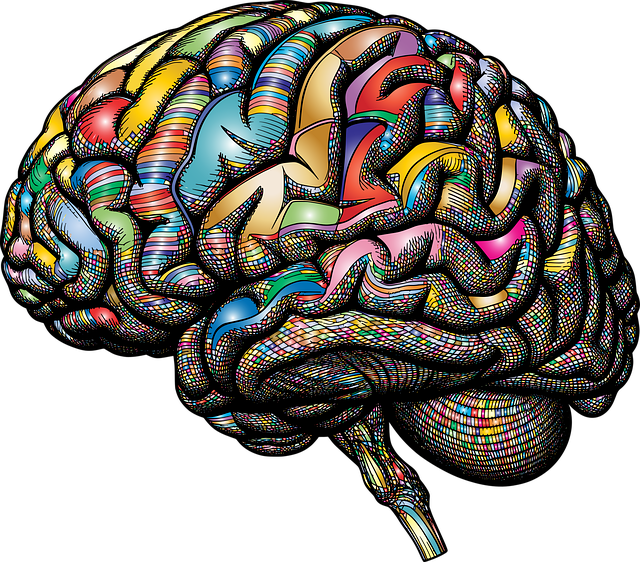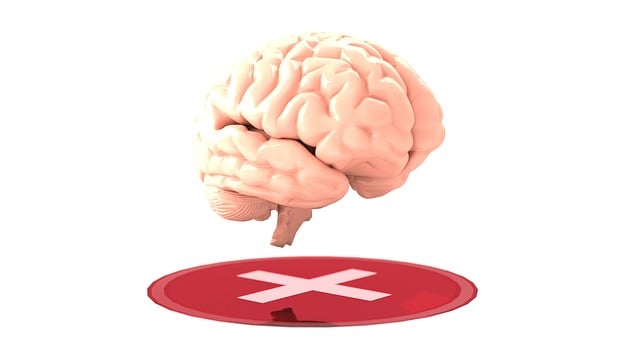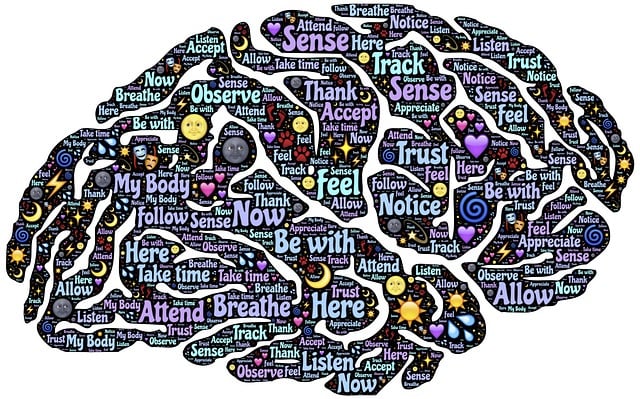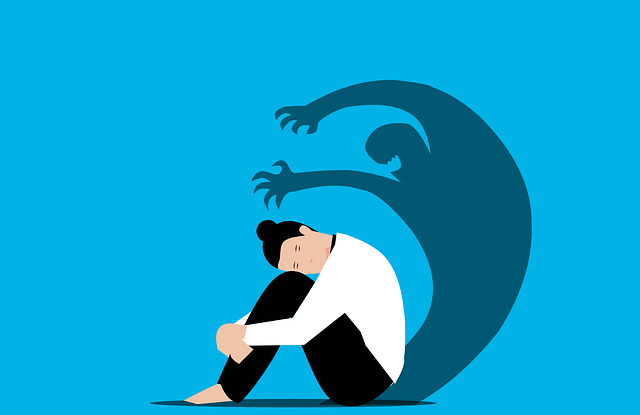Broomfield Bipolar Disorder Therapy integrates mindfulness meditation, CBT, lifestyle adjustments (e.g., balanced diet, exercise), and complementary therapies like psychotherapy to effectively manage symptoms. These strategies empower individuals to regulate moods, prevent extreme emotional shifts, improve self-esteem, and enhance overall well-being, significantly improving quality of life for those dealing with the disorder.
In the pursuit of optimal mental health, understanding and managing mood regulation is paramount, especially for individuals grappling with bipolar disorder. This comprehensive guide explores effective strategies to navigate the complexities of this condition. From cognitive-behavioral techniques that empower self-management to lifestyle adjustments focusing on diet, exercise, and sleep, we delve into evidence-based practices. Furthermore, we uncover the complementary therapies that complement Broomfield Bipolar Disorder therapy, offering a holistic approach to stabilization and improved quality of life.
- Understanding Mood Regulation and Its Impact on Bipolar Disorder
- Cognitive-Behavioral Techniques for Effective Mood Management
- Lifestyle Adjustments: Diet, Exercise, and Sleep Strategies
- Complementary Therapies and Their Role in Broomfield Bipolar Disorder Treatment
Understanding Mood Regulation and Its Impact on Bipolar Disorder

Understanding Mood regulation is pivotal for managing conditions like Bipolar Disorder, where extreme emotional shifts can significantly impact daily life. Broomfield Bipolar Disorder Therapy often focuses on various strategies to stabilize moods and prevent drastic fluctuations. One effective approach is Mindfulness Meditation, which encourages individuals to stay present, observe thoughts without judgment, and cultivate a non-reactive mindset. This practice has been shown to reduce symptoms of depression and anxiety in people with bipolar disorder.
Public Awareness Campaigns Development and Stress Management Workshops Organization play a crucial role in promoting mood regulation techniques. By educating the public about bipolar disorder, these initiatives foster empathy and encourage individuals experiencing symptoms to seek help. Moreover, stress management workshops teach coping mechanisms like deep breathing exercises, cognitive reframing, and time management skills, all of which contribute to better mood stabilization and overall well-being.
Cognitive-Behavioral Techniques for Effective Mood Management

Cognitive-Behavioral Techniques (CBT) offer powerful tools for individuals seeking effective mood management. This evidence-based approach focuses on identifying and challenging negative thought patterns, replacing them with more realistic and positive ones. By understanding how thoughts influence emotions and behaviors, CBT equips people with strategies to navigate mood fluctuations. For instance, individuals with Broomfield Bipolar Disorder can learn to recognize triggers, prevent episodes, and maintain stability through this method.
CBT encourages self-care practices such as journaling, mindfulness exercises, and stress management techniques, which are instrumental in boosting self-esteem and preventing depression. By fostering a healthier relationship with oneself and one’s thoughts, CBT empowers individuals to take charge of their emotional well-being. These techniques, when applied consistently, can lead to significant improvements in mood regulation, enhancing overall quality of life.
Lifestyle Adjustments: Diet, Exercise, and Sleep Strategies

Lifestyle adjustments play a pivotal role in mood regulation, especially for individuals managing conditions like bipolar disorder. Diet, exercise, and sleep are key strategies that can significantly impact overall mental well-being. A balanced diet, rich in nutrients and omega-3 fatty acids, has been linked to improved mood stability and reduced symptoms of anxiety and depression. Incorporating regular physical activity not only boosts energy levels but also serves as an effective stress management tool, helping to alleviate mood swings.
Quality sleep is equally essential. Establishing a consistent sleep routine can enhance cognitive function and foster the development of inner strength. Adequate rest allows the body to rejuvenate and rebalance, which is crucial for managing bipolar disorder symptoms. By integrating these lifestyle adjustments, individuals in Broomfield seeking bipolar disorder therapy can complement their treatment plans and take proactive steps towards maintaining emotional balance and enhancing their overall quality of life.
Complementary Therapies and Their Role in Broomfield Bipolar Disorder Treatment

Complementary therapies have emerged as valuable tools in managing Broomfield Bipolar Disorder, offering a holistic approach to treatment alongside conventional medication. These therapies aim to target various aspects of an individual’s well-being, including emotional regulation, stress management, and self-esteem improvement. Techniques such as psychotherapy, cognitive behavioral therapy (CBT), and specialized exercises like mindfulness meditation are instrumental in helping patients navigate the ups and downs associated with bipolar disorder.
One particular area of focus is enhancing self-awareness through exercises designed to improve mood stability. By increasing self-awareness, individuals can better recognize early warning signs of mood episodes, enabling prompt intervention. Moreover, practices such as mindfulness meditation have been shown to reduce anxiety and depression symptoms, fostering a sense of calm and promoting healthier emotional responses. These complementary strategies not only support overall mental health but also empower patients to actively participate in their treatment journey.
In navigating the complexities of Broomfield Bipolar Disorder Therapy, understanding and implementing effective mood regulation strategies are pivotal. By combining cognitive-behavioral techniques, lifestyle adjustments like diet, exercise, and sleep, along with complementary therapies, individuals can gain significant control over their mood swings. These integrated approaches empower folks to manage symptoms, enhance overall well-being, and lead more fulfilling lives.














